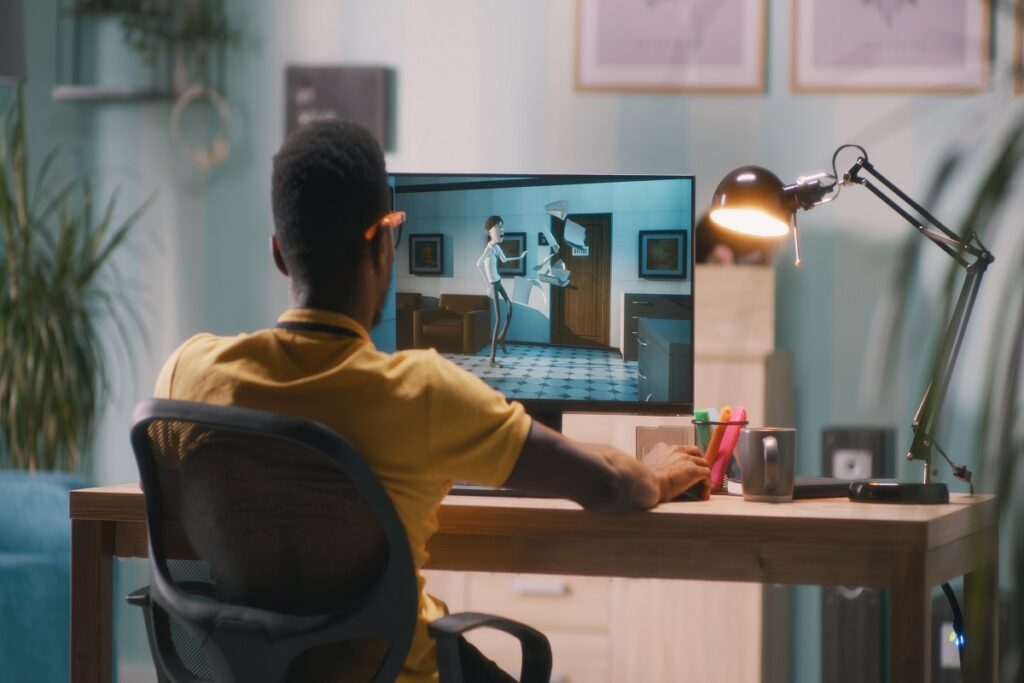As a film production designer, you are responsible for creating the visual world of a film.
You work closely with the director and cinematographer to design and build sets, choose props, and create the overall look and feel of the film. It’s a challenging and rewarding job that requires creativity, technical skills, and excellent communication skills.
Key Steps to Becoming a Film Production Designer
1. Get a degree in film or a related field
While it’s not strictly necessary to have a degree to become a film production designer, it can be helpful in getting your foot in the door. A degree in film or a related field will give you a solid foundation in the technical aspects of filmmaking, as well as exposure to different styles and genres of film.
Some of the best film schools in the US include NYU Tisch School of the Arts, USC School of Cinematic Arts, and UCLA School of Theater, Film, and Television. These schools offer a wide range of programs, from undergraduate degrees to MFA programs in film production.
2. Start as a production assistant or art department assistant
To gain experience in the film industry, it’s a good idea to start at the bottom and work your way up. Many film production designers start as production assistants or art department assistants, where they can learn the ropes and gain valuable experience.
As a production assistant, you’ll be responsible for a variety of tasks, from running errands to helping with set construction. In addition, as an art department assistant, you’ll work closely with the production designer and art director, helping with research, creating sketches, and building models.
3. Build a portfolio
As a film production designer, your portfolio is your calling card. It’s important to have a strong portfolio that showcases your skills and creativity.
Your portfolio should include examples of your work, such as sketches, renderings, and photographs of sets and props you’ve designed. You should also include a resume and a cover letter that highlights your experience and skills.
4. Network
Networking is key in the film industry. Attend industry events, join professional organizations, and connect with other filmmakers on social media.
One great way to network is to attend film festivals. Many festivals have panels and workshops where you can meet other filmmakers and learn about the latest trends and techniques in the industry.
5. Keep learning
The film industry is constantly evolving, so it’s important to stay up-to-date on the latest trends and techniques. Take classes, attend workshops, and read industry publications to keep your skills sharp.
One great resource for learning about the film industry is the NYU Film and TV Industry Essentials online course and certificate program. This program covers a wide range of topics, from screenwriting to post-production, and is taught by industry professionals.
Key Takeaways:
- To become a film production designer, it’s helpful to have a degree in film or a related field.
- Starting as a production assistant or art department assistant can give you valuable experience in the film industry.
- Building a strong portfolio is essential for showcasing your skills and creativity.
- Networking is key in the film industry. Attend industry events and connect with other filmmakers on social media.
- Keep learning by taking classes and attending workshops. Consider the NYU Film and TV Industry Essentials online course and certificate program.








